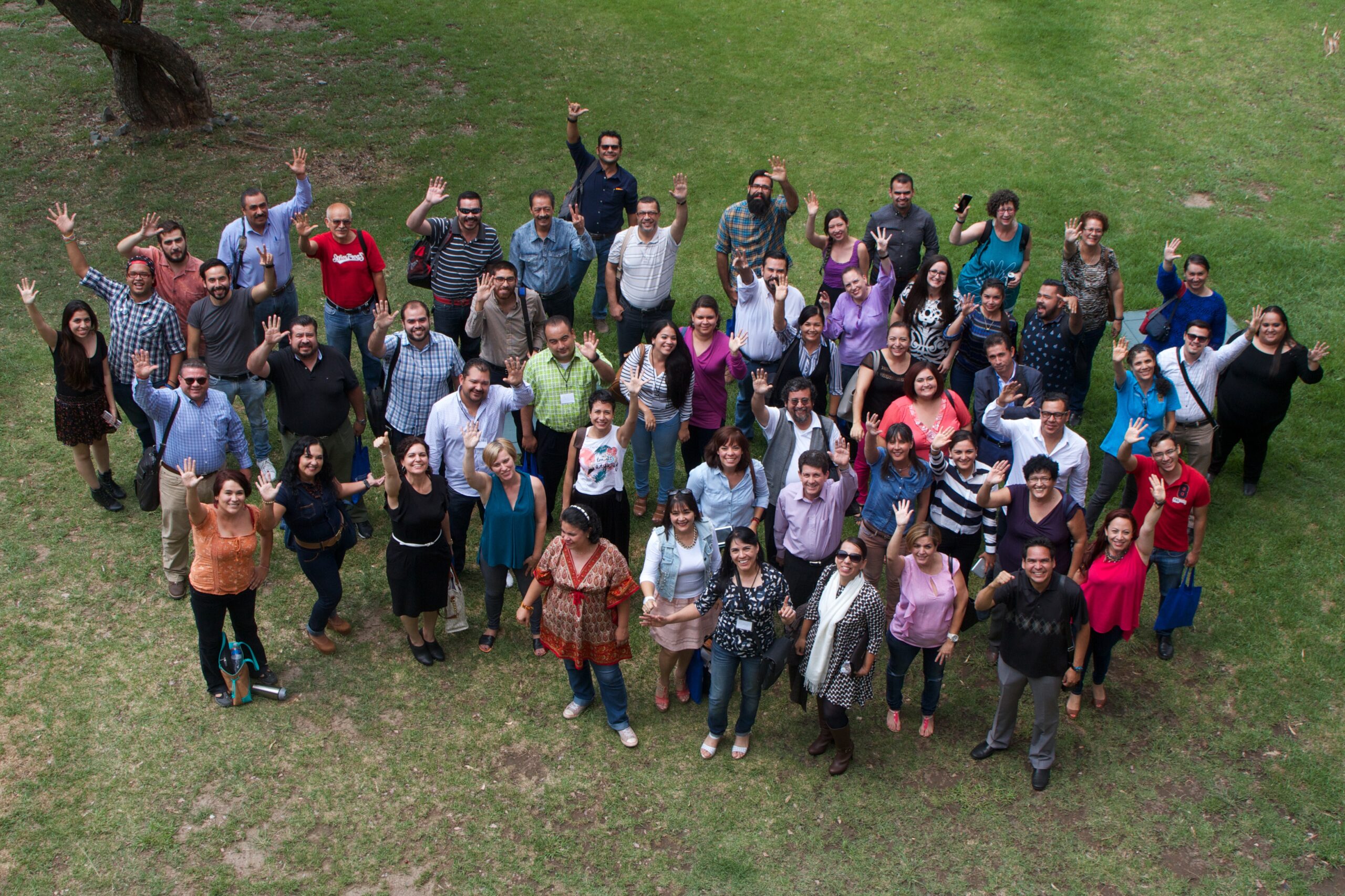In recent years, the interplay between environmental sustainability and community-driven initiatives has garnered increasing attention, particularly within the framework of diverse spiritual teachings. One fascinating example is found in the efforts of Bahá’í youth in Cambodia, who have embarked on a commendable initiative aimed at combating soil erosion. This endeavor not only exemplifies the teachings of the Bahá’í Faith but also prompts us to ponder: how can a commitment to spiritual principles galvanize youth toward environmental stewardship?
Soil erosion has become a pressing issue in many countries, including Cambodia, where agricultural practices often exacerbate the loss of topsoil. This phenomenon threatens food security, diminishes agricultural productivity, and impacts the delicate balance of local ecosystems. The Bahá’í teachings emphasize the interconnectedness of all living beings, calling for collective action to address global challenges. The youth initiative in Cambodia embodies this principle by harnessing both community engagement and responsible practices to restore and protect the land.
The Bahá’í Faith posits that every individual has a role to play in the advancement of society. In this context, young people are not merely passive observers of environmental degradation; they are empowered agents of change. By inculcating a sense of responsibility towards the earth, the youth initiative actively cultivates a generation that is not only conscious of environmental issues but is also equipped with the tools to effectuate change. Through workshops, educational programs, and hands-on activities, these young Bahá’ís are fostering a sense of agency among their peers, encouraging them to take ownership of local environmental concerns.
One of the core activities of this initiative involves the replanting of native vegetation to stabilize soil and prevent erosion. This practice is underscored by ecological principles that advocate for biodiversity and sustainable land management. Engaging with local farmers, the youth demonstrate how preserving traditional agricultural methods, alongside modern techniques, can enhance soil health. As they work in tandem with their community, they not only strengthen local relationships but also expand the broader conversation about sustainable practices rooted in Bahá’í teachings.
The intersection of faith and environmental responsibility opens discussions on ethical stewardship. The Bahá’í writings encourage a reverent approach to nature, advocating for the protection of the environment as a sacred duty. By embodying these values, young Cambodians are illustrating how spiritual convictions can lead to tangible actions that not only mitigate environmental degradation but also foster community resilience.
However, the challenge persists: how can such initiatives be scaled and replicated in different contexts, particularly where resources may be limited? As the youth face this question, they are reminded that collaboration often yields the most sustainable solutions. Networking with other organizations, sharing best practices, and seeking partnerships with local governments can expand the impact of their work. The idea of collective action resonates deeply within the Bahá’í framework; it reflects the belief that unity among diverse groups is essential for overcoming modern challenges.
The impact of the initiative extends beyond soil conservation. As young people engage with their environment and community, they develop valuable skills in leadership, teamwork, and problem-solving. These attributes will serve them throughout their lives, equipping them to tackle future challenges, whether they be environmental or societal. Moreover, the initiative discerns the broader implications of ecological stewardship, fostering mental and spiritual well-being as participants cultivate a deeper connection to their surroundings and to each other.
While the initiative primarily focuses on soil erosion, it also encourages participants to adopt a holistic view of environmental challenges. Climate change, deforestation, and wasteland are interrelated issues that require multifaceted strategies. The Bahá’í teachings, which emphasize the importance of education and personal development, guide the youth in developing critical thinking skills as they analyze these interconnected issues. Thus, the challenge is not merely about reducing soil erosion; it’s about fostering a comprehensive understanding of ecological sustainability that can guide future decisions.
The Bahá’í community’s efforts in Cambodia also face external challenges, such as socio-economic conditions and political dynamics. To navigate these complexities, resilience and adaptability are paramount. Engaging in constructive dialogue with local authorities and collaborating with other community organizations can create synergies that enhance the sustainability and efficacy of their initiatives. As they explore solutions through a collective lens, they more effectively embody the Bahá’í ideal of unity in diversity.
In conclusion, the youth initiative in Cambodia represents a profound convergence of spiritual values and environmental responsibility. By actively participating in efforts to mitigate soil erosion, young Bahá’ís are not only embodying the principles of their faith but also exemplifying a model of community leadership that can inspire similar endeavors across the globe. As they grapple with challenges and explore innovative solutions, they remind us of the critical role that youth play in the pursuit of a sustainable future. Turning the focus back to our initial question: how can we encourage youth globally to embrace their roles as proactive stewards of the earth? Perhaps through support, education, and a shared commitment to collective action, we can unlock the potential for transformative change that resonates far beyond individual initiatives.
